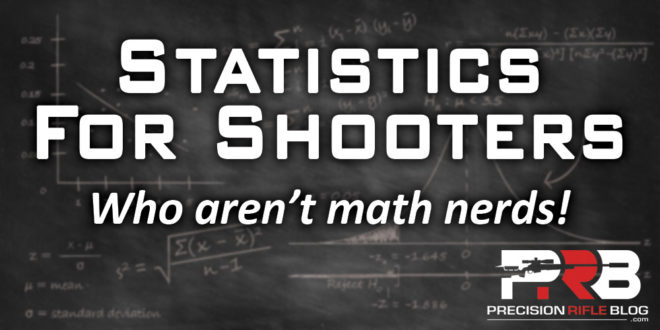Looks like you are a fellow motorcycle enthusiast.

Are there any downsides to that press? Looking at it from a design perspective it appears to be well thought out and overbuilt in a good way.
I like the mechanical advantage that they claim as I have a right wrist injury (shattered and pinned) that would appreciate that during a long session. The only downside that I could imagine with that is loosing a little feel. From my experince with press fits in manufacturing you can tell when things are assembling correctly vs. something being off.
I haven't gotten the consensus on presses either but the information provided is still helpful. The ones mentioned seem to all be quality units. The MEC and Foster were two that were not on the radar before this thread.
The chronograph issue is one that I have on the list. I need to get some equipment together first before I step into actually loading and testing. I consider this as verification equipment which is second step in acquisition .
LabRadar was/is on the list. Magnetospeed is another. There are numerous other options available but those two allow setup/use without crossing in front of the firing line. LabRadar has had it's challenges with getting components to fulfill orders with their full featured units. I am not sure if that has gotten better recently or not.
Harrell's is no doubt well respected equipment. I may be (probably) off base with my opinion on dies but my head is to buy quality mass produced units to start with and upgrade those if/when the need comes up. As mentioned top shooters do order custom setups based on their chamber cuts. Currently I am shooting stock barrel/rifles. When it comes time to building one or re-barreling that may come into play.
I would like to think that I am on the path to being a "bench rest" shooter. I am getting into centerfire rifle late in life. Currently I am working on developing/refining my skill set for personal satisfaction but I competed in sporting clays years ago and loved it so competing would be extremely rewarding but I won't waste mine or anyone else's time unless i am competitive.
There are so called experts everywhere that give bad advice. You are going to run into that locally and on the internet. This is why I am here. I have spent a lot of time on various forums and this place seems to have less BS than the others. The local guys that I have talked to are all over the map with advice. You have a faction that is stuck in the past and you have the bulk blasters that are trying to save money producing mass quantities per session. I have zero illusions about reloading saving money.
The entire game of precision shooting is a rabbit hole/money soak in both rifles and ancillaries. It's sort of related to racing. It takes a modest amount of money to improve performance but it takes a substantial investment/knowledge to be fast.
What i have learned from chasing small groups in rimfire is that the next rifle I buy is going straight the Lapua testing center and a large purchase of ammo will follow. It's really not all that more expensive in the long run when considering all the time and money trying to find the right combo by trial and error. I wouldn't trade the knowledge learned by doing it on my own but being confined to using mass produced ammo I would rather spend the time shooting than testing.
A huge thank you to all that have replied. The information is extremely helpful.
-Todd











